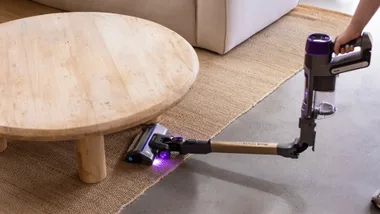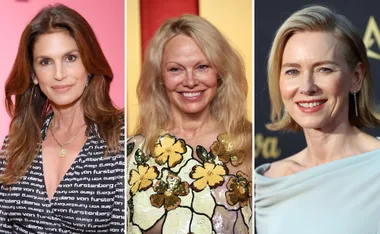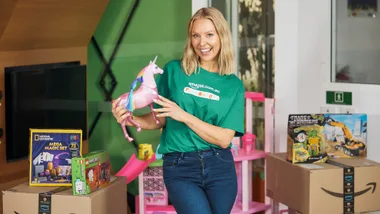At age 52, Clare Purcell was busy and distracted. Her work as a registered nurse was intense and her mother had just passed. “I was just doing so much, and life was pretty emotional at that point. So, I chose to put screening to the side,” she remembers.
A year later, she was walking past a BreastScreen clinic when she decided to take action. She booked a screening, and several appointments later was told she had a tumour that was too big to operate on.
“I look back at the time where I didn’t do anything and think, ‘Why did I take so long? Why didn’t I do things differently?'” she says. “So many regrets.”
“My mastectomy didn’t affect me in terms of femininity or a sense of worth.”
For eight months she underwent non-surgical treatment to shrink the tumour to have surgery. Luckily the treatment was successful, and her surgery was booked in.
“It would be wrong to say I wasn’t nervous, but I wasn’t scared at that point either,” she recalls.
Unfortunately, one surgery turned into six. In the end, she elected to undergo a mastectomy to ensure she was cancer-free. Now, ten years later, Clare understands many women might be nervous about screenings, but her advice is simple.
“You may want to take a friend or your husband in with you but go and get it done! Screenings are so quick. BreastScreen are so experienced at it and they’re very respectful of you as a patient,” she advises.
“It’s just not worth procrastinating. Trust me.”
Is it time?
One of the most effective ways to treat breast cancer is by detecting it early, before you may even notice any symptoms at all. By inviting women 50–74 to book free mammograms, Australia’s national breast screening program, BreastScreen Australia, aims to be the breast friend you need for your breasts.
Did you know?
-
One in seven women will develop breast cancer in their lifetime. Of these, only 1 in 10 women with breast cancer have a family history of the disease.
-
Age is the biggest risk factor. Around 75% of women diagnosed with breast cancer are over 50.
-
The best way to find breast cancer is to have regular breast screenings.
-
Early detection saves lives. If found early, breast cancer is easier to treat and there’s an increased chance of survival.
-
Aged between 50 and 74? It’s time for your free screening. Regular mammograms can detect very small breast cancers before they can be seen or felt.
-
Breast screenings are recommended every two years for women.
-
There are 750 locations nationally.
-
All BreastScreen radiographers are female and use state-of-the-art equipment.
-
Just 20 minutes every two years could save your life.
Brought to you by BreastScreen Australia – a joint Australian, State and Territory Government Program. If you’re due, book an appointment by calling 13 20 50, or through their website here.
-(22)-(1).png?fit=900%2C751)










